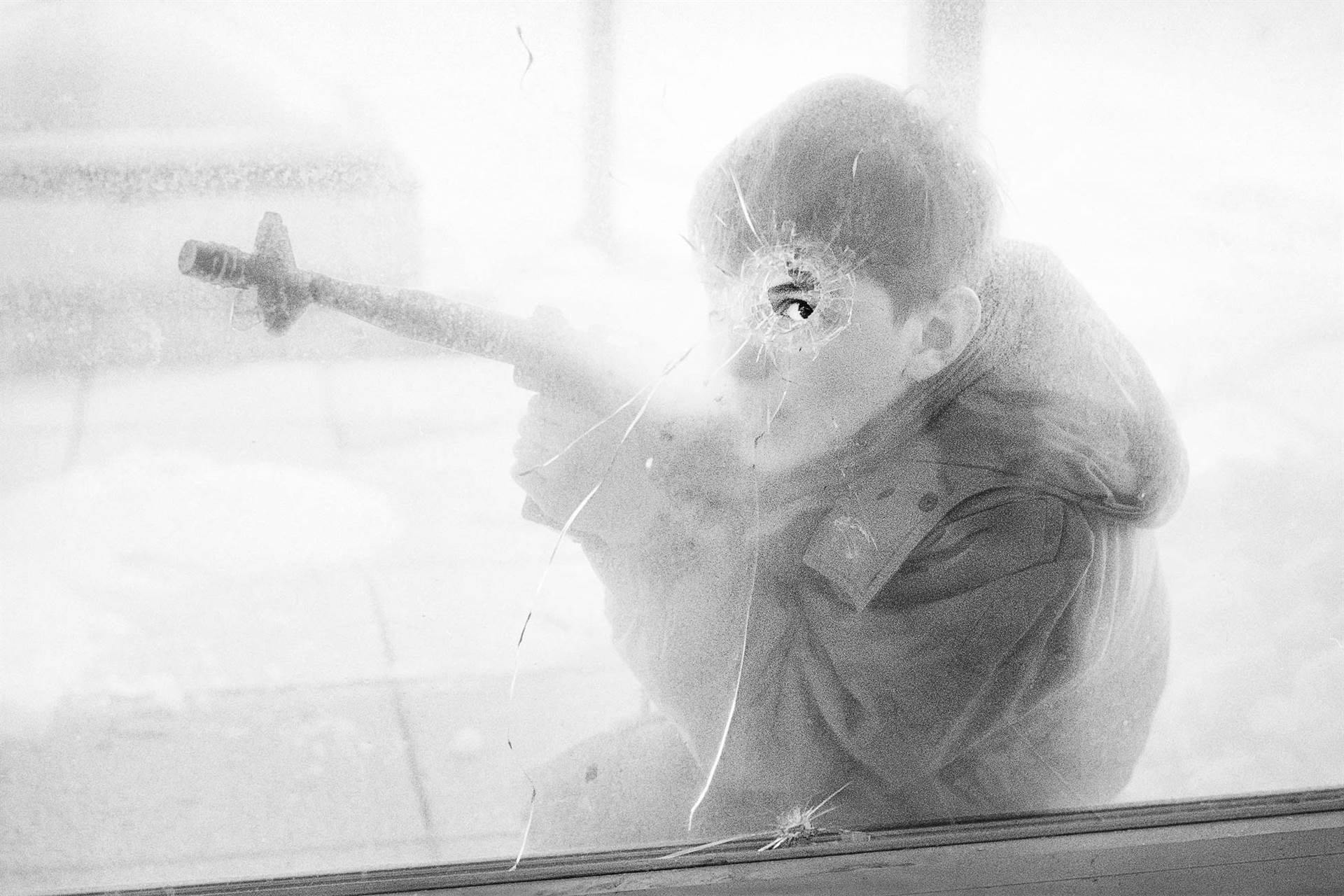This post is also available in: Bosnian
The arrival of the UN peacekeeping force UNPROFOR gave people hope that the situation in the besieged enclave would improve.
“When UNPROFOR came, people thought that nothing would happen, everything would be good, people hoped that everyone would return to their homes,” said Djulsa Velic.
Velic had fled to Srebrenica with her husband and children after her home village of Pobudje, near Bratunac, had come under fire.
But when Bosnian Serb forces seized Srebrenica on July 11, 1995, she and her family had to flee again.
“I thought: ‘People will not survive, they will kill us.’ And so they did,” she recalled.
Velic was speaking in an interview conducted last year as part of an oral history project about the Srebrenica genocide created by BIRN and the Srebrenica Memorial Centre.
A total of 100 video testimonies from Srebrenica survivors have been recorded as part of the project, entitled ‘The Lives behind the Fields of Death’. Some of the interviewees have also donated personal items to the Memorial Centre for preservation – mementoes belonging to people who did not survive, or items found next to the remains of their loved ones when they were discovered in mass graves.
Velic donated a skirt and headscarf that she took with her when leaving Srebrenica in July 1995.
‘Everyone wanted to save their own lives’
After fleeing Srebrenica when the town fell, Velic and her family headed towards the nearby village of Potocari, where UNPROFOR had its base, seeking safety.
The family – Velic and her husband Hasan, three young children and two married daughters with their children – spent the night outside, near a bridge. “That night was horrible. God forbid we ever have to go through that again,” she said.
They then moved to a nearby road. “It was crowded, impossible, everyone trying to leave, everyone wanting to save their own lives. It was dangerous, it was hard,” she recalled.
When buses arrived to take them away, mostly women, children and elderly men got on, as did Velic, but her husband did not.
“He was so scared that he did not know where he was. And he circled around the bus. I gestured to him to enter the bus,” she said.
She recalled how he had some bags of flour and bread tied around his waist, so the soldiers let him get on the bus, thinking he was “some poor man”. Other Bosniak men were separated from their families and then killed.
The bus drove the Bosniaks towards Kladanj, but it was halted on the road by soldiers in Konjevic Polje and then in Kasaba. The soldiers wanted to get on, but the bus driver did not let them.
“He told them: ‘I’m in charge of transferring these people to where I’m supposed to transfer them,’” Velic said.
During the drive to Kladanj she saw captured residents of Srebrenica walking with their hands behind their heads. She later found out that they were taken to the village of Kravica and executed.
Velic made it to safety, while more than 7,000 Bosniak men and boys were killed by Bosnian Serb forces in a series of massacres that international courts have classified as genocide.
Several members of her family lost their lives during the genocide, including her older brother. She and her husband, who narrowly managed to escape the fate of the other men from Srebrenica, were not able to return to their house in Pobudje after long after the end of the war.
“We were in exile for ten-and-a-half years,” she said.
In December 2020, a month after Djulic gave her testimony to BIRN in what was her first and last interview about what happened in 1995, she died.
But her words live on as part of the oral history project, which is intended to preserve the memories of Srebrenica survivors for the benefit of future generations.
Her grandson Mahir Omerovic is involved in the project, and said that her interview was also important for her relatives because she provided many details that her family didn’t know before.
“I think grandma kept some things to herself to spare us,” he said.
On the day of Velic’s funeral, her seventh great-grandchild was born – an event that Omerovic said he saw as symbolic.
“It’s the cycle of life,” he explained. “When one life is fading away, another is being born.”

